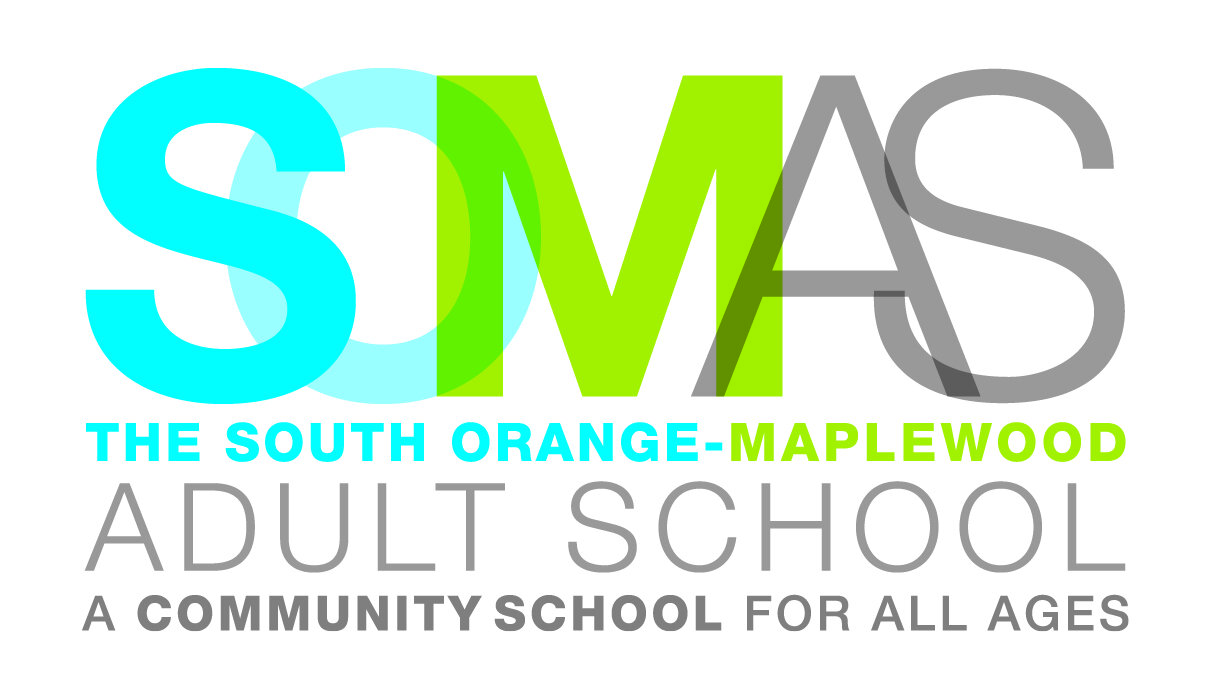HOW TO FILL A MUCH-NEEDED GAP
NEWS-RECORD column
SMARTEN UP @ THE ADULT SCHOOL
Nov. 7, 2019
Rose Bennett Gilbert
Time Out for College Students: Counselor Holly Bull Fills Gaps All Around the World.
Lucky for thousands of young college students that some 28 years ago a teenager named Holly Bull escaped her fledgling career in marine biology. She might still be scrubbing shrimp tanks in the Greek isles instead of masterminding the Center for Interim Programs, the first and oldest independent gap-year counseling service in the US.
Designed to help students evaluate the pros and cons of scheduling “gap time” – usually a year, more or less –before or during college, the gap concept is not much older than Holly herself. She became one of the original Interim students soon after her professor father, Cornelius Bull, founded the counseling service to vet the bewildering abundance of gap-time programs. Before that, Holly relates, gap-takers were often regarded as indecisive or uncommitted about their educations.
How that attitude has changed! Note the title of the workshop class Holly will be conducting next week (Nov. 14) at the South-Orange Maplewood Adult School: “The Gap Year Advantage.”
Instead of thinking there’s something wrong with students who take time off from school, gap time is now regarded as a great option for anyone who is trying to figure out who they are and what they really want,” she explains. “It’s all about choosing. Not easy to decide on your future at such a young age.”
Among the advantages Holly reports: students tend to return from their gap-time ventures “more mature and more focused,” a fact not lost on such bastions of higher education as Princeton and Harvard (her own alma mater).
“Students work hard in high school to get into college, but once they’ve achieved that it’s kind of a let-down. The pressure is off. They may want just to kick up their heels. As a result, the rate of attrition is high. Colleges are losing students after the first year or so.”
Gap time off usually finds students returning “rested, more focused, and more excited about their studies,” Holly says. ‘They often out-perform their peers. It’s a fact that today it often takes five-six years to graduate from college. Gap students tend to finish in four years or fewer. Parents really love that!”
Moreover, she points out that gap time can offer a reality check on a teenager’s “dream” careers. Case in point: her own youthful plans to become a marine biologist. During her gap year before college, she followed up on her interests in marine biology and Greece culture, splitting that year between volunteer work at a culture research institute in Hawaii and an academic cultural study program in Greece. “It was great to learn without the pressure of tests and grades,” Holly reports. After four months scrubbing shrimp tanks, she also learned that “I did not want to be a marine biologist!”
Following two years of college, Holly took a second gap year to travel in India and Nepal, attend a semester program in Athens, and engage in service work in Appalachia. Armed with a B.A. in Anthropology from the University of Virginia, she joined her father at Interim and began counseling students through their own gap-year experiences. Since then, she has placed more than 2,600 individuals (including her daughters) in gap time programs. She also took a Masters in education at Harvard, traveled widely to visit programs in Australia, New Zealand, Hawaii, Mexico, Costa Rica, Chile, Europe, and Turkey, and attended a wilderness survival skills school, a humpback whale research project, worked on a dude ranch, and completed a yoga teacher training course.
Based on her own life experiences, Holly has sage advice for parents and students thinking about taking gap-time off from school:
Do due diligence. Don’t end up in a poorly run gap program.
Don’t take too many gaps. It can be lonely when your friends have all gone back to school. Have some sort of social plan to stay connected with your peer group.
Include some hands-on practical experience. Get a sense of what your dream career is really like. Know what you are drawn to. Looking forward can carry you through all those classes that lie ahead. ###
